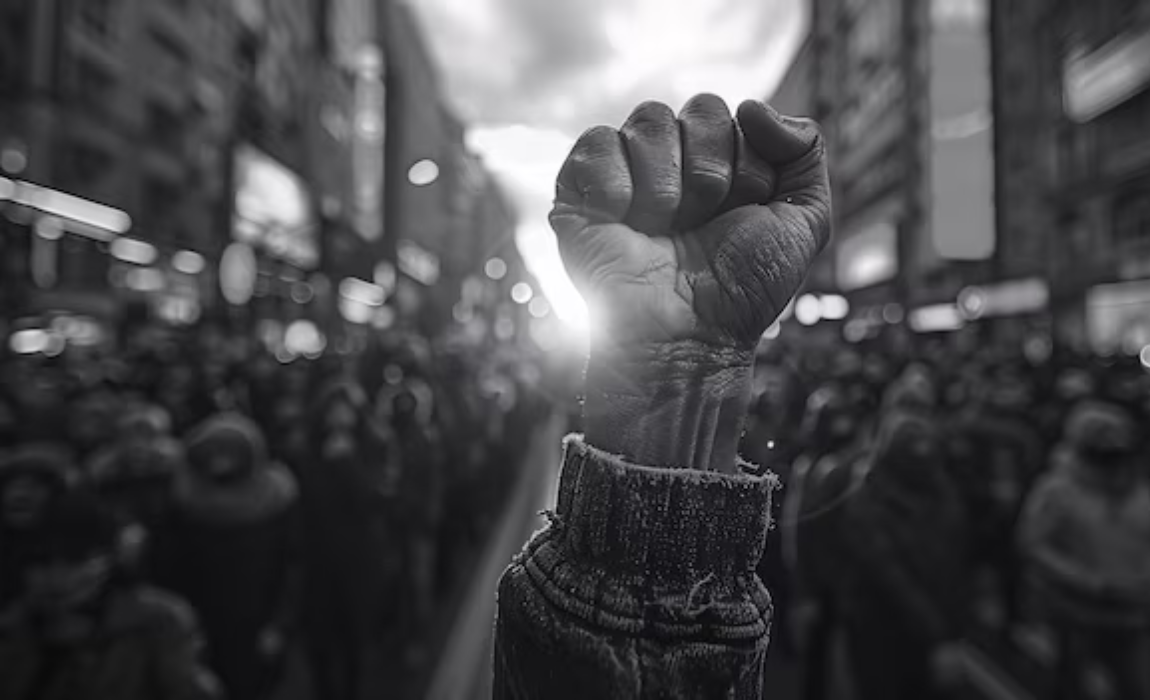
Justice for Victims: How Tamil Nadu’s South Zone is Raising the Bar on POCSO Conviction
The fight against child sexual abuse has always been a test of the state’s capacity to deliver swift, sensitive, and certain justice. In this context, Tamil Nadu’s South Zone has emerged as a model of judicial and administrative efficiency, recording one of the highest conviction rates under the Protection of Children from Sexual Offences (POCSO) Act, 2012. At a time when national conviction rates for such cases hover precariously low, the South Zone’s performance signals that systemic reform and local commitment can together redefine justice delivery for society’s most vulnerable.
The POCSO Act was envisioned as a comprehensive legal shield for children, criminalizing a wide spectrum of sexual offences and mandating child-friendly procedures during investigation and trial. Yet, in practice, its promise has often been
undermined by delayed investigations, hostile witnesses, lack of victim support, and poor trial management. This is why the South Zone’s recent record is so significant: it shows that structural obstacles can be overcome with determination and coordinated effort.
Key to this achievement has been a multi-pronged approach. Police units have been sensitized and trained to handle child victims with care, reducing the trauma of repeated questioning. Fast-track special courts, mandated under the Act, have been pressed into effective service, ensuring that trials are conducted without undue delay. Importantly, there has been a focus on forensic evidence collection and witness protection, which minimizes the chances of hostile testimonies—a common reason for acquittals in POCSO cases. The result is a higher conviction rate, which not only punishes offenders but also builds public confidence in the justice system.
However, the South Zone’s success also forces us to confront the uncomfortable reality that in many other parts of India, POCSO implementation remains weak. Victims and their families often withdraw complaints due to fear of social stigma, pressure from influential perpetrators, or lack of institutional support. Protracted trials drain families emotionally and financially, while inadequate witness protection discourages cooperation. In such an environment, acquittals are not a reflection of innocence but of systemic failure.
The judiciary has, in recent years, issued important guidelines to strengthen POCSO enforcement. The Supreme Court has emphasized time-bound trials and the need for child friendly infrastructure in courts. High Courts, including the Madras High Court, have frequently intervened to monitor compliance with statutory mandates. Yet, without local administrative will and community engagement, these judicial directions often remain on paper. The South Zone demonstrates what happens when directives are backed by ground level execution.
Still, challenges remain. High conviction rates, while encouraging, must not come at the cost of procedural fairness or the rights of the accused. The judiciary must continue to ensure that convictions are based on credible evidence and fair trials, not merely the pressure of statistics. Moreover, a focus on convictions must be complemented by preventive measures— awareness campaigns in schools, community sensitization programs, and robust reporting mechanisms to ensure that abuse is detected early and addressed swiftly.
What is perhaps most remarkable about the South Zone’s progress is the signal it sends to other regions: change is possible. By prioritizing child protection as a governance goal, Tamil Nadu shows that conviction rates are not destiny but a function of institutional culture, political will, and administrative discipline.
For victims of child sexual abuse, justice is not an abstract principle but a lived reality that can either restore dignity or deepen trauma. Every successful conviction not only deters potential offenders but also affirms society’s moral commitment to protecting its children. Tamil Nadu’s South Zone has raised the bar. The rest of the country must follow suit, recognizing that true justice for victims lies not in rhetoric but in results.
